Rival Libyan administrations hold peace talks in Morocco
Representatives from Libya’s rival administrations have held a meeting hosted by Morocco to discuss peace and stability in the conflict-ridden country in the wake of a recently announced surprise ceasefire to halt protracted hostilities.
Five delegates from the Libya’s internationally-recognized Government of National Accord (GNA) and five representatives from the eastern-based parliament backed by rebel forces under the command of renegade general Khalifa Haftar took part in the meeting at the coastal town of Bouznika, south of Morocco's capital Rabat, on Sunday.
The closed-door talks, dubbed "Libyan Dialogue”, were held at the initiative of Morocco, which also hosted peace talks in 2015 that led to the creation of the Tripoli-based GNA.
Moroccan Foreign Minister Nasser Bourita said in his remarks before the meeting that his country was offering the Libyans "space" to discuss divisive issues and points of contention.
"The kingdom is ready to provide Libyans with a space to discuss issues, according to their will, and will applaud them regardless of the outcome," Bourita said.
Underlining that "Morocco has no agenda or initiative to submit" to the two rival administrations in Libya, Bourita said a solution to the Libyan conflict must be decided by the Libyans themselves under the auspices of the United Nations.
Libya first plunged into chaos in 2011, when a popular uprising backed by a NATO intervention led to the ouster of long-time dictator Muammar Gaddafi.
Two rival seats of power have emerged in Libya since 2014, namely the internationally-recognized government run by Prime Minister Fayez al-Sarraj, and the parliament based in the eastern city of Tobruk, supported militarily by Haftar’s rebels.
The rebels have been fighting to unseat the government with support from the United Arab Emirates, Egypt, and Jordan. But government forces have pushed them as far back as Sirte, on the Mediterranean coastline, with crucial help from Turkey.
The rival administrations announced separately on August 22 that they would cease all hostilities and hold nationwide elections, drawing praise from world powers.
At a January summit in Berlin, the main countries involved in the Libyan conflict agreed to respect an arms embargo and to stop interfering in Libya's domestic affairs.
The interim UN envoy for Libya, Stephanie Williams, denounced last week what she called "blatant" ongoing violations of the arms embargo in the North African country.
Williams said "the arms embargo remains totally ineffective," and violations are "extensive, blatant and with complete disregard for the sanctions.”
Turkey renews support for Libyan government
Sunday's meeting in Morocco coincided with talks in Istanbul between Turkish President Recep Tayyip Erdogan and Libyan Prime Minister Sarraj in Istanbul.
Erdogan pledged that Ankara would continue to support the Tripoli-based government, saying, “Turkey will continue to stand in solidarity with Libya's UN-recognized legitimate government, and that Turkey's priority is to restore Libya's stability, without further delay.”
The Turkish president said, "Libya's peace and stability would benefit its neighbors and the entire region, starting with Europe," adding that "the international community ought to assume a principled stance in that regard.”
At the Istanbul talks, Erdogan and Sarraj also exchanged views on ways to strengthen economic and security cooperation between Turkey and Libya.
Iran, Qatar stress continuation of diplomacy towards preserving regional peace, stability
Majority of Americans support Palestinian state as Israel backing declines sharply: Poll
New Israeli strikes kill more Palestinians across Gaza in 'serious violation' of ceasefire
Maliki urges respect for Iraq's sovereignty in meeting with Trump's special envoy
Iran urges restraint, immediate ceasefire as Afghanistan–Pakistan fighting escalates
VIDEO | Press TV's news headlines
VIDEO | Kabul residents call for calm as tensions escalate with Pakistan
Iran FM: Success of nuclear talks hinges on ‘seriousness’ of US





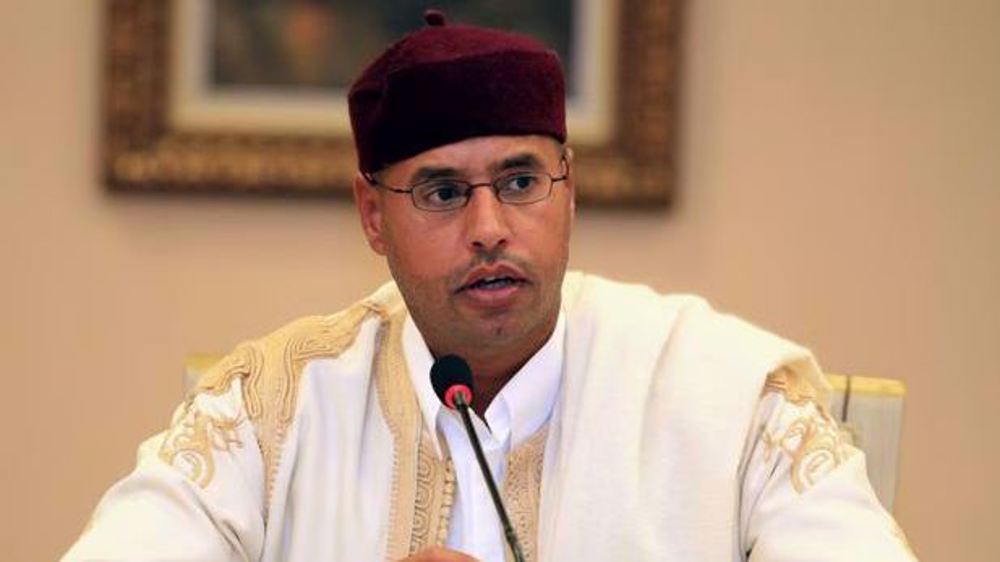
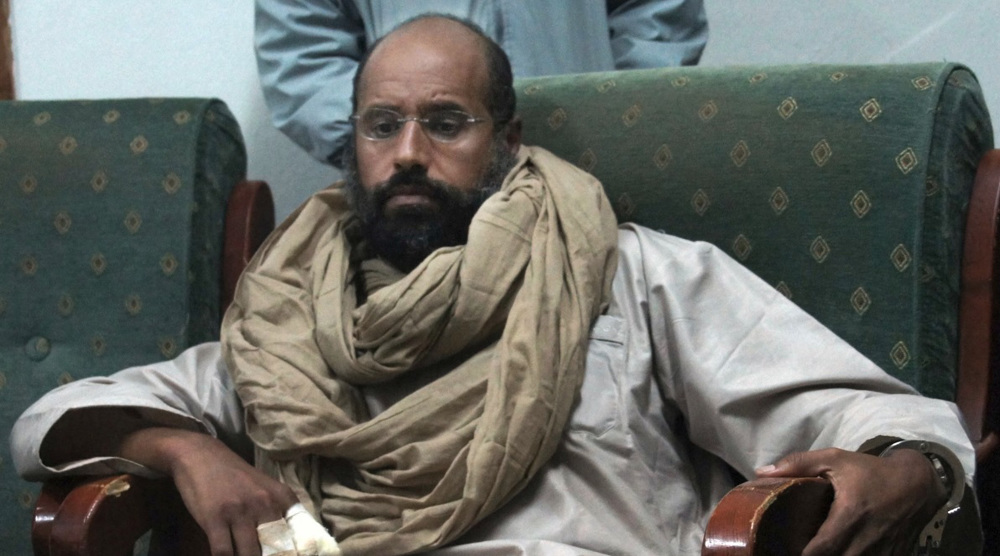




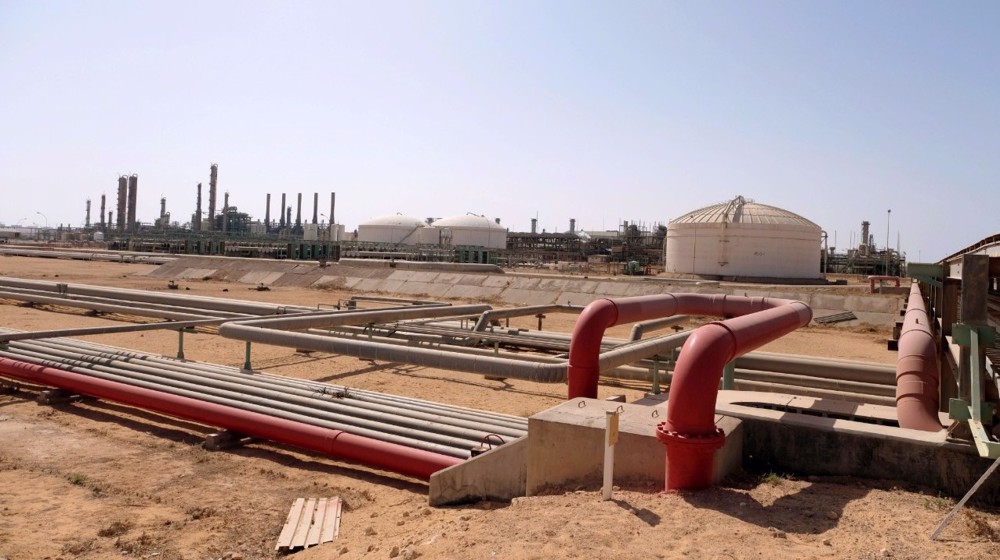
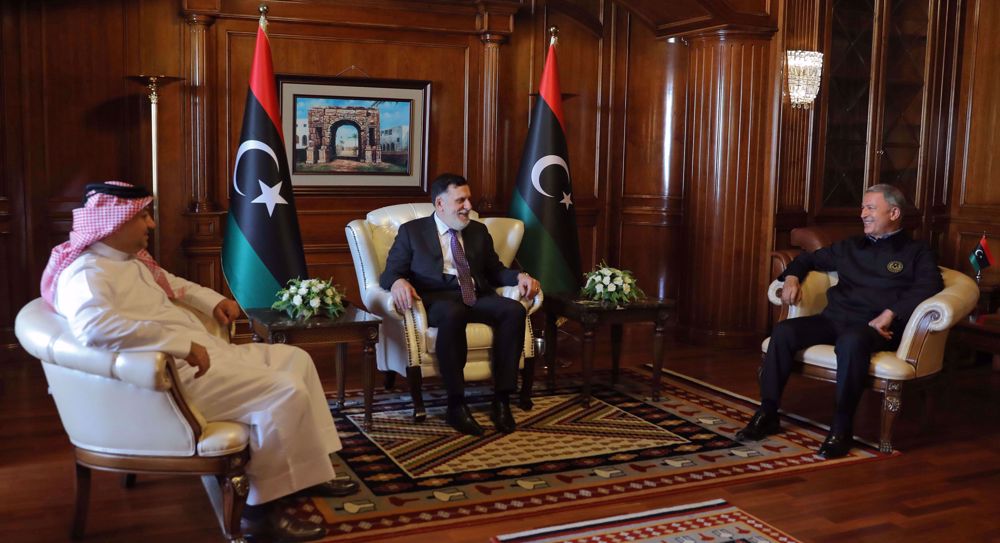
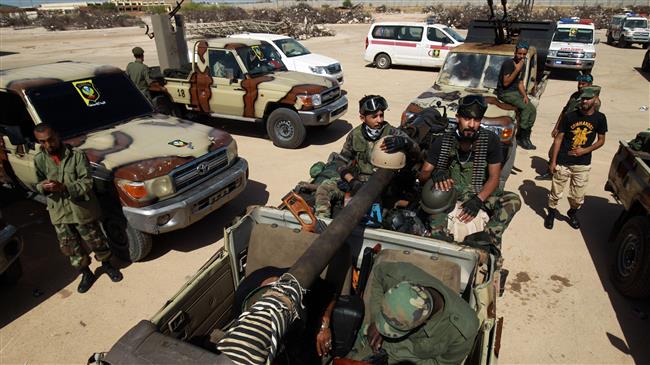
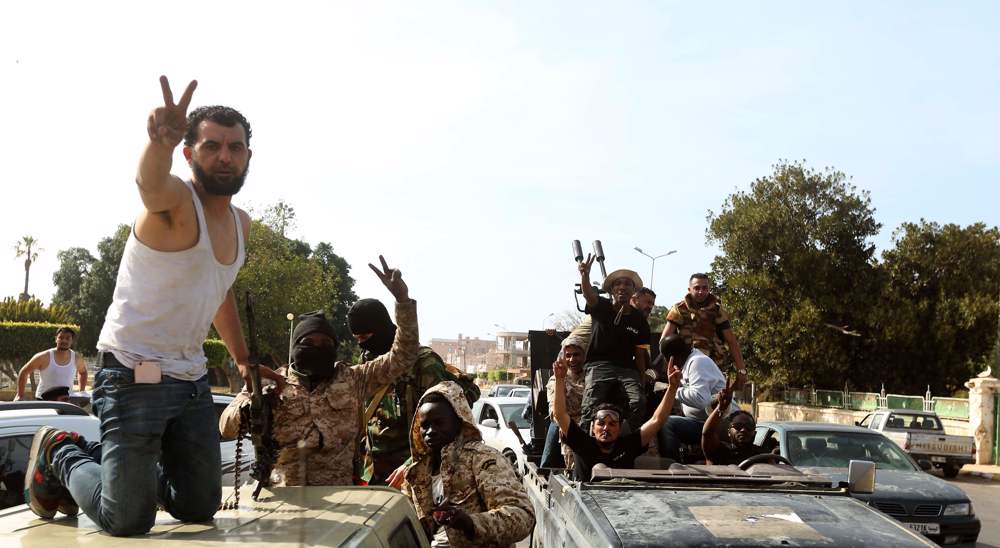

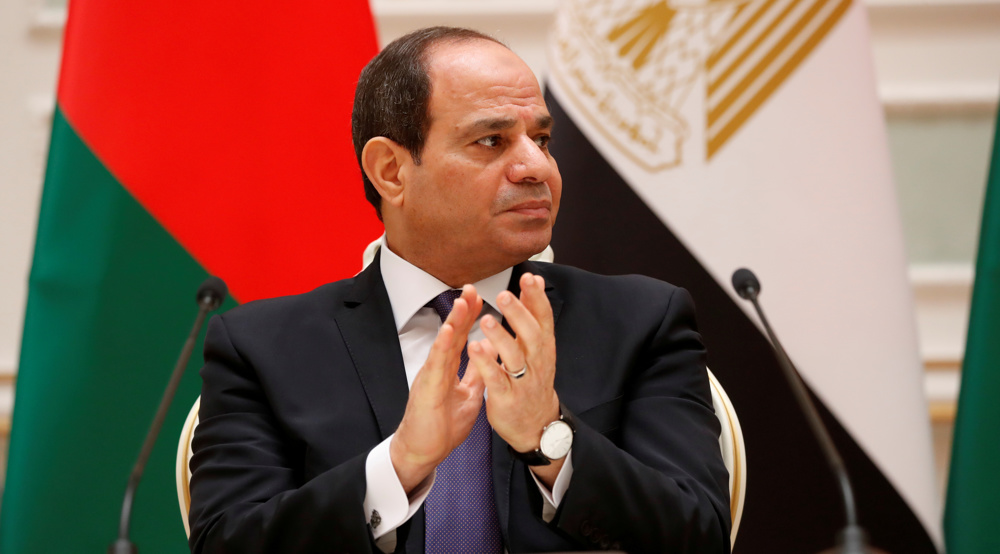

 This makes it easy to access the Press TV website
This makes it easy to access the Press TV website